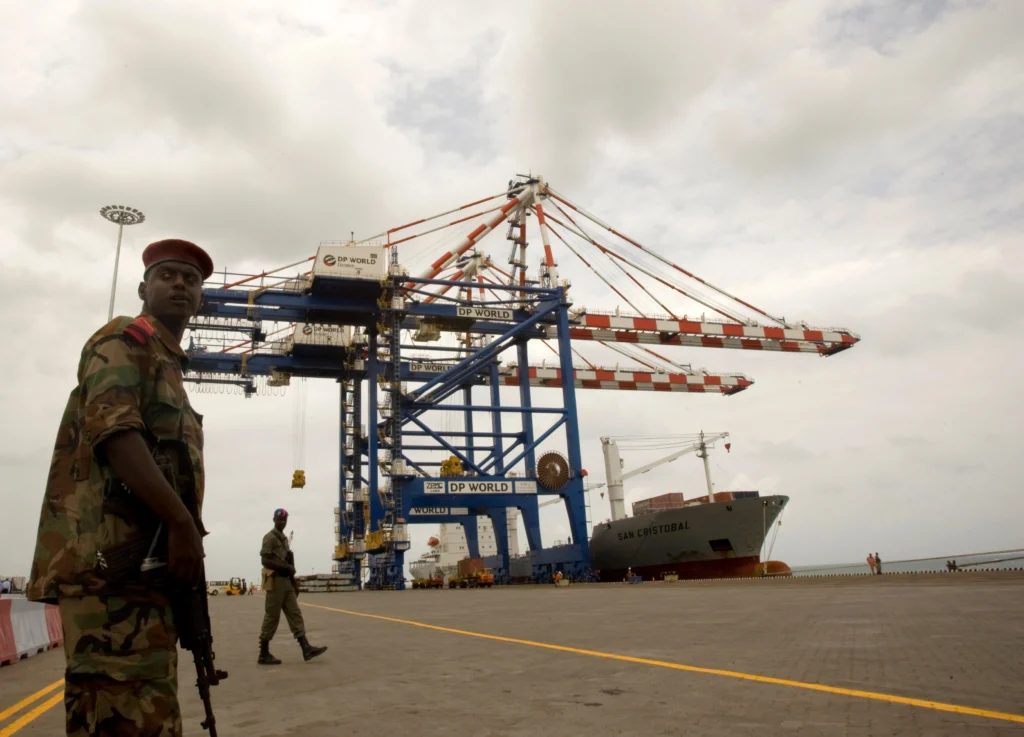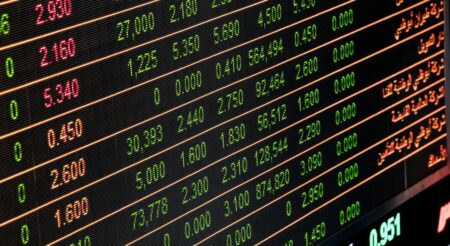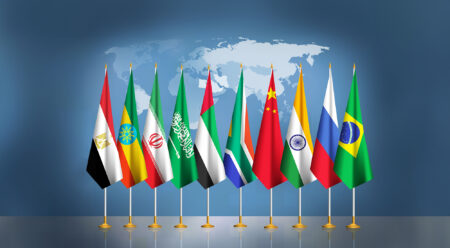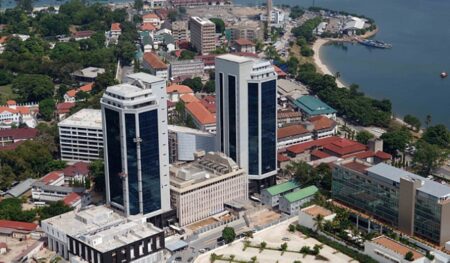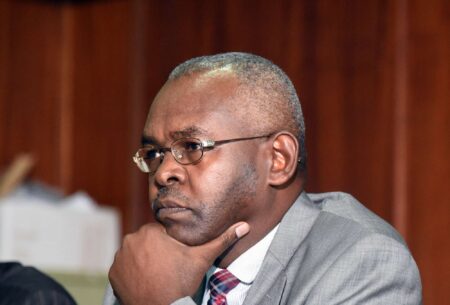- The deal is the African Export-Import Bank’s first such undertaking in Djibouti.
- The loan will go to Djibouti’s Great Horn Investment Holding (GHIH) to finance Damerjog Industrial Development Free Trade Zone.
- The financing will also complete the Damerjog Oil Jetty, providing marine connectivity to the free trade zone.
Djibouti is set to receive a $120 million loan from the African Export-Import Bank (Afreximbank) in a deal targeting projects that will accelerate the country’s economic growth.
The financing, which will go to Djibouti’s Great Horn Investment Holding (GHIH) to execute projects in the country’s Damerjog Industrial Development Free Trade Zone, is part of a total facility amount of $155 million. The remaining $35 million will be financed through Banque pour le Commerce et l’Industrie Mer Rouge of Djibouti.
Marine connectivity
GHIH, a state-owned investment holding vehicle of the Government of Djibouti, is responsible for logistics and transportation infrastructure. It holds interest in about 18 of the largest state-owned companies in the country. Its portfolio includes companies in shipping, bunkering, management of free zones, storage, road transport, and port security.
The loan will also be used to complete the Damerjog Oil Jetty. This investment will provide marine connectivity to the free trade zone. Further, Djibouti will use the money to construct a 150,000m³ first storage depot/oil tank farm and for other costs related to the projects.
“The establishment of a jetty and bulk port in the Djibouti Free Trade Zone will add significant value to Djibouti’s role as a trans-shipment hub for neighboring landlocked countries. Afreximbank is very proud to contribute to such a crucial project,” Afreximbank President Benedict Oramah said.
The deal, which is Afreximbank’s first in Djibouti, targets developing a trade-enabling infrastructure, helping the country become a regional trans-shipment and logistics hub.
It will also promote intra-African trade in the region. Djibouti’s economy is largely based on providing marine services to neighboring nations Ethiopia and Somalia. The French-speaking country offers Ethiopia and Somalia a gateway for ocean-borne freight.
Impact of Tigray war on Djibouti
Due to its political and financial situation, Djibouti is considered one of the least developed countries in the world. Djibouti is a lower-middle-income country with an average annual income of $3,050.
According to the World Bank, the country’s GDP growth fell to 3.7 percent in 2022 from 4.8 percent in 2021. In the period under focus, Djibouti experienced reduced port traffic attributable to the Tigray War and lower public investment.
Last year, the socioeconomic impacts of the COVID-19 pandemic eased, but inflation rose to 5.3 percent from 1.2 percent in 2021 on higher food prices.
Djibouti is one of the smallest countries in Africa, and this heavily impacts its limits its ability to diversify production. This challenge leaves it vulnerable to market downturns and hamper its access to external capital.
With less than 1,000 square kilometers of arable land (0.04% of its total land area) and average annual rainfall of only 130 millimeters, Djibouti depends almost completely on food imports.
Djibouti’s economy is projected to gradually recover over the medium term, driven by private and government investment programs. Key among them will be the development of the Damerjog industrial park, a new fuel storage terminal, and an oil jetty.
Boost Djibouti’s industrial capacity
Afrexim’s loan will also provide support and capacity to SOMAGEC, a Moroccan construction company, which is Afreximbank’s Intra-African Trade Champion.
Under the Intra-African Trade Champion program, Afreximbank supports African companies in executing infrastructure projects across the continent. Afreximbank also assists them to compete globally with other international players.
Oramah highlighted the crucial contribution of this landmark deal. It can potentially boost Djibouti’s industrial capacity and that of its neighbors. The deal ensures the implementation of trade-enabling infrastructure for bulk handling of liquid products. (https://lsu79.org)
Afreximbank is a key supporter of the engineering, procurement, and construction (EPC) market in Africa, with financing totaling $13 billion in the last six years. This includes financing over $7 billion worth of EPC-related transactions and issuing trade instruments worth $6 billion to support awarding contracts to African contractors.
Infrastructure projects
Afreximbank President Benedict Oramah expressed pride in the project’s implementation by Moroccan EPC contractor SOMAGEC. He sees it as a testament to Afreximbank’s support for African contractors. The intra-African trade agenda will focus on supporting African contractors to win and execute major infrastructure projects across Africa.
GHIH’s Chairman, Aboubaker Hadi Omar, commented on the transaction. He stated that their multi-year infrastructure investment strategy aims to position Djibouti as a regional logistical and commercial hub. The goal is to meet the area’s growing demand for petroleum products. They deliver the necessary infrastructure to support and enhance economic and efficient movement. Moreover, this investment will help develop a core economic belt with Ethiopia. It will also create an industrial base for East and Central Africa.





